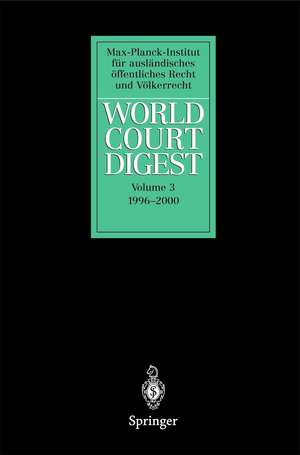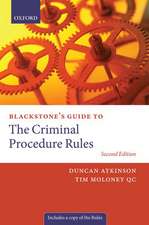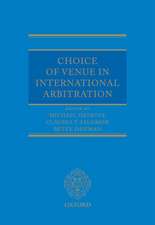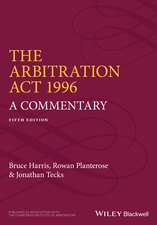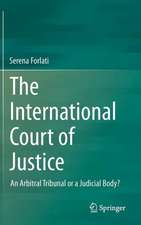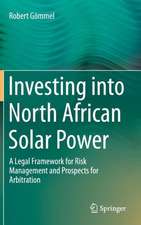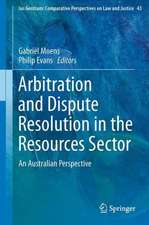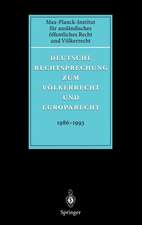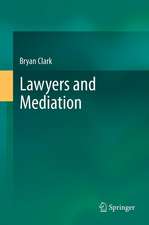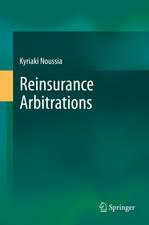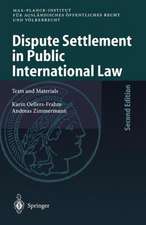World Court Digest: Volume 3: 1996 - 2000: World Court Digest, cartea 3
Revizuit de N. Krisch, K. Oellers-Frahm, C. Walter, A. Zimmermannen Limba Engleză Paperback – 7 dec 2010
| Toate formatele și edițiile | Preț | Express |
|---|---|---|
| Paperback (1) | 415.07 lei 6-8 săpt. | |
| Springer Berlin, Heidelberg – 7 dec 2010 | 415.07 lei 6-8 săpt. | |
| Hardback (1) | 423.34 lei 6-8 săpt. | |
| Springer Berlin, Heidelberg – 5 aug 2002 | 423.34 lei 6-8 săpt. |
Preț: 415.07 lei
Nou
Puncte Express: 623
Preț estimativ în valută:
79.45€ • 86.33$ • 66.78£
79.45€ • 86.33$ • 66.78£
Carte tipărită la comandă
Livrare economică 21 aprilie-05 mai
Preluare comenzi: 021 569.72.76
Specificații
ISBN-13: 9783642078149
ISBN-10: 3642078141
Pagini: 764
Ilustrații: XV, 745 p.
Dimensiuni: 155 x 235 x 40 mm
Greutate: 1.05 kg
Ediția:Softcover reprint of hardcover 1st ed. 2002
Editura: Springer Berlin, Heidelberg
Colecția Springer
Seria World Court Digest
Locul publicării:Berlin, Heidelberg, Germany
ISBN-10: 3642078141
Pagini: 764
Ilustrații: XV, 745 p.
Dimensiuni: 155 x 235 x 40 mm
Greutate: 1.05 kg
Ediția:Softcover reprint of hardcover 1st ed. 2002
Editura: Springer Berlin, Heidelberg
Colecția Springer
Seria World Court Digest
Locul publicării:Berlin, Heidelberg, Germany
Public țintă
ResearchCaracteristici
For the readers it will be of particular importance to have a systematical overview over the decisions of the Court to specific topics The special features are that original excerpts from the decisions of the Court are collected under specific topics showing thus on the one hand which questions are important in State relations and on the other hand how the appreciation of those questions has developed or not
